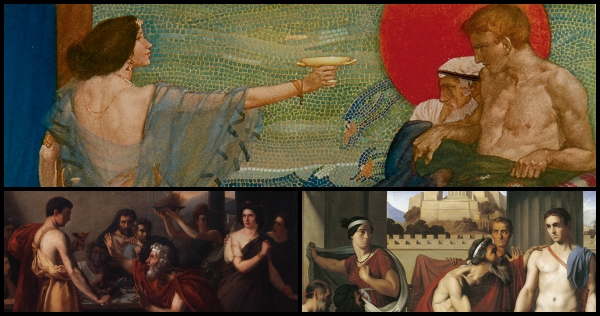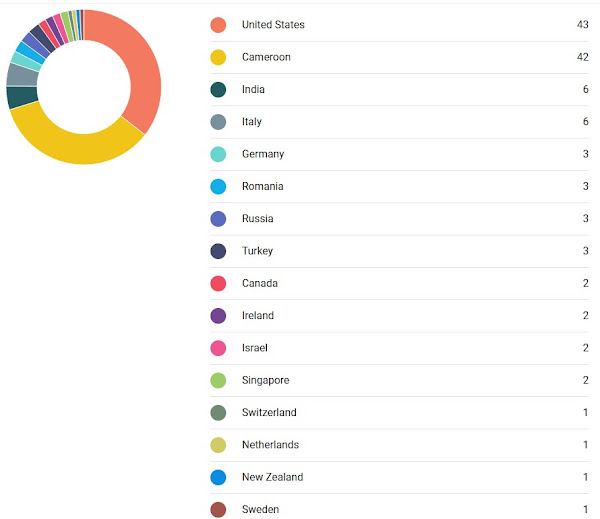Hamlet's "To be or not," God as a Verb, Love as a Verb
Hamlet asks, “To be or not”? (3.1.64) [1] Moses asks God’s name, and God says, “I am who am” (Exodus 3:14), or, I am "to be" and "always to have been." I am a verb. In 1968, R. Buckminster Fuller wrote a poem in which God is a verb, and in the 13th Century, “Thomas Aquinas wrote that God is ‘ipsum esse subsistens,’ translated by Bishop Robert Barron as "the shear act of 'to be' itself"; Sufi poets and Taoist thinkers have similar concepts. [2] Some love songs (like this one below, "Something that we do") similarly challenge the idea that love is merely a feeling or noun one falls into or out of, and assert instead that love is a verb. In the song below, notice how nicely the structure of the lyrics unfold, elucidating the idea, with the first two lines of verse 3.b repeating the first two lines of v.1.a. V.1.a. I remember well the day we wed I can see that picture in my head I still believe the words we said Forever...








